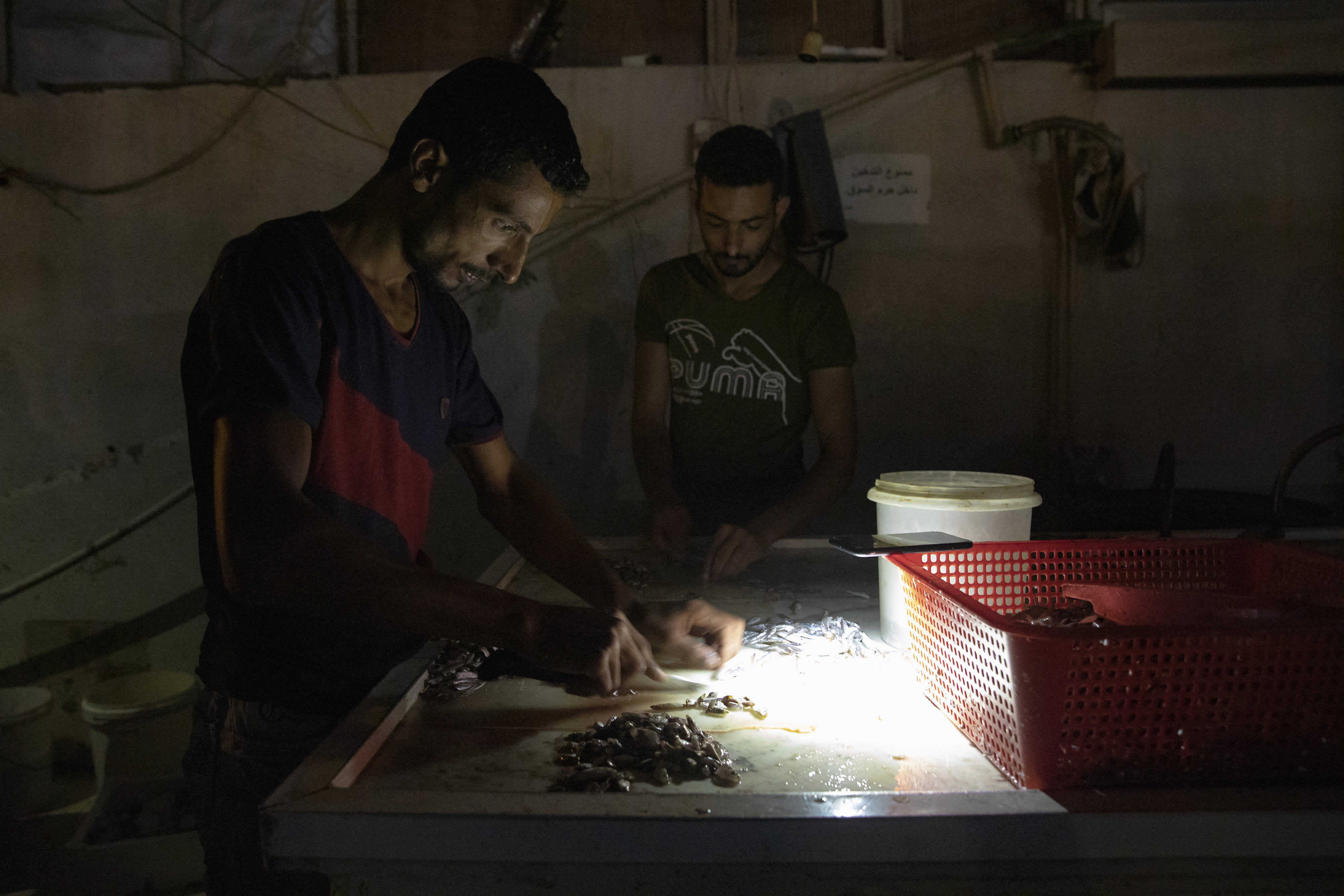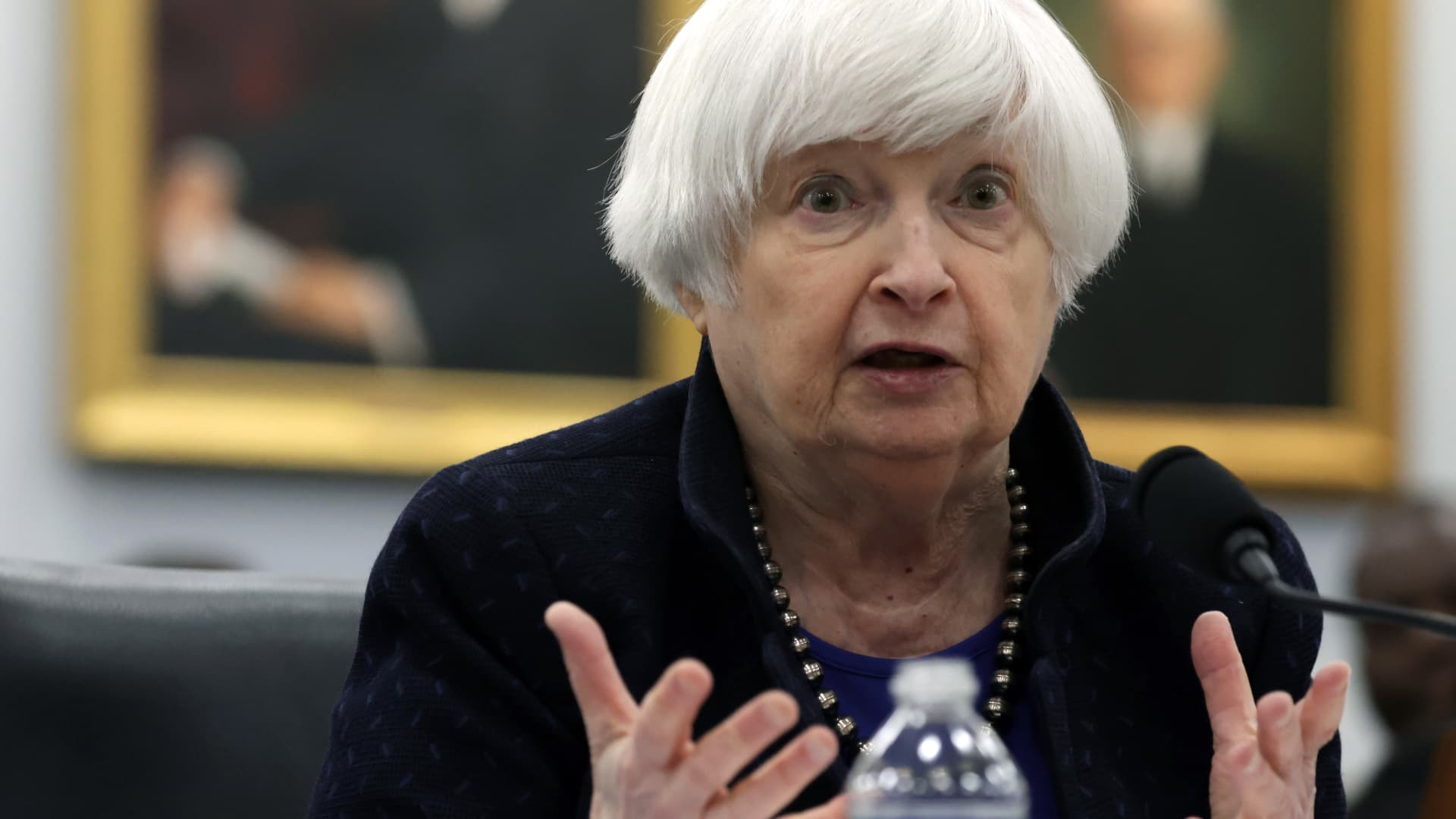Egyptian gas should start flowing to Lebanon in the next 3 months, U.S. energy envoy says

A worker uses a mobile phone torchlight to illuminate his cutting space at the fish market, where portable emergency lighting runs due to a power cut, in Beirut, Lebanon, on Wednesday, Sept. 8, 2021.
Francesca Volpi | Bloomberg | Getty Images
Natural gas from Egypt may start flowing to Lebanon within two or three months, and hopefully “long before” the country’s elections in 2022, according to Amos Hochstein, the U.S. State Department’s senior advisor for global energy security.
The governments of four countries in September reached an agreement to pipe gas from Egypt, through Jordan and Syria, to ease the power crisis in Lebanon.
At the time, Egypt’s Petroleum Minister Tarek El-Molla said the plan, which is backed by the U.S., would be put into action at the “earliest opportunity,” Reuters reported.
Hochstein said there is still work to be done before the pipeline is ready, but said he is confident that the plan, as well as an effort to interconnect Jordan and Lebanon’s power grids, will succeed.
“Every week that goes by, I am more optimistic that we’re going to be in a position to have the gas flowing, the energy interconnected in the coming couple of two, three months,” he told CNBC’s Hadley Gamble on Monday.
Asked if that could happen before Lebanon’s elections, which are scheduled to take place in March 2022, he said he is “quite hopeful [that] at least the gas deal would work, and would have gas flowing long before that.”
Lebanon’s power situation
Even if both efforts — gas from Egypt and connecting to Jordan’s power grid — help to stabilize the electricity crisis in Lebanon, however, it is not the “ultimate solution,” Hochstein said.
“Those two projects just give you several hours of power a day. We need to get to 24/7 with redundancy,” he added.
Lebanon has been facing an economic crisis that is among the worst in modern history, according to the World Bank. Power outages are a daily occurrence, including one that lasted 24 hours in October.
Hochstein said the rolling blackouts that come unexpectedly in Lebanon are a signal that the country’s hope, or “light at the end of the tunnel,” is flickering.
“We need to listen to that flickering light and make sure it doesn’t go out,” he said.
Financial aid will not be useful if the country doesn’t have a stable energy source that allows people to live life with some certainty, Hochstein said, pointing to farmers who need fuel to bring their produce to the market and small businesses that need electricity for their computers.
“This notion that … Lebanon always teeters but never falls — that’s not necessarily true,” he said. “We need to be vigilant, and we need to do everything we can.”
— CNBC’s Natasha Turak contributed to this report.




